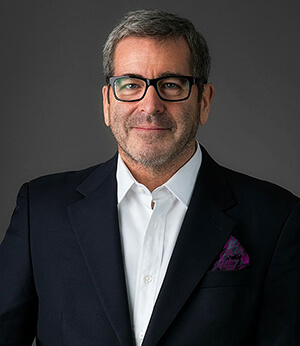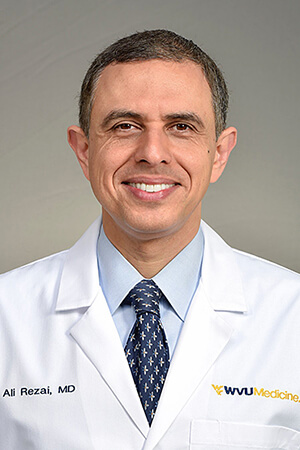January 9, 2019
What IF we could engineer better health?
 Miles O’Brien
Miles O’Brien
Download image
WEST LAFAYETTE, Ind. — What if many of our health care issues could be solved not with drugs but with engineering? It just might be possible.
“What IF we could engineer better health?” is the question to be explored by Miles O’Brien, science correspondent for “PBS NewsHour,” and Dr. Ali Rezai, director of the Rockefeller Neuroscience Institute at West Virginia University, during a Jan. 31 event. As O’Brien and Rezai discuss these projects, they will also highlight complementary research conducted at Purdue.
The lecture, which is free and open to the public, is 6:30 p.m. in Stewart Center’s Fowler Hall. The event will be livestreamed.
The event is a part of Purdue’s Ideas Festival, the centerpiece of Purdue’s Giant Leaps Sesquicentennial Campaign, which is a series of events that connect world-renowned speakers and Purdue expertise in a conversation on the most critical problems facing the world. One of the Ideas Festival’s themes is health, longevity and quality of life.
 Ali Rezai
Ali Rezai
Download image
Rezai is a neurosurgeon advancing the use of brain chip implants in deep brain stimulation and neuromodulation to treat Parkinson’s disease, obsessive-compulsive disorder, Alzheimer’s disease and traumatic brain injury. His work is recognized across the globe, and his research involving a brain-computer interface to treat paralysis was published in Nature last year and generated front-page news. He has developed pioneering technologies that led to the creation of a company that produces micro-implants to treat chronic pain and headaches.
“Dr. Rezai is a world-renowned neuroscientist who is known for his work related to engineering health, from using micropellet implants of the brain to curb opioid addiction cravings, to using focused ultrasound to treat early-stage Alzheimer’s disease,” said Jessica Huber, a professor of speech, language and hearing sciences and creator of SpeechVive, a device to help people with Parkinson's disease communicate more effectively. “The Purdue community, with strengths in engineering, neuroscience and other health areas, has a special interest in Dr. Rezai’s work as we answer questions about how engineering such devices can change the lives of patients.”
This is the first of four Ideas Festival events that O’Brien will lead. O’Brien is an independent broadcast news journalist and has been serving as national science correspondent for PBS NewsHour since 2010. He worked as the science, environment and aerospace correspondent for CNN for 17 years.
Writer: Kelsey Schnieders Lefever, kschnied@purdue.edu
Media contact: Amy Patterson Neubert, 765-494-9723, apatterson@purdue.edu
Source: Jessica Huber, jhuber@purdue.edu

